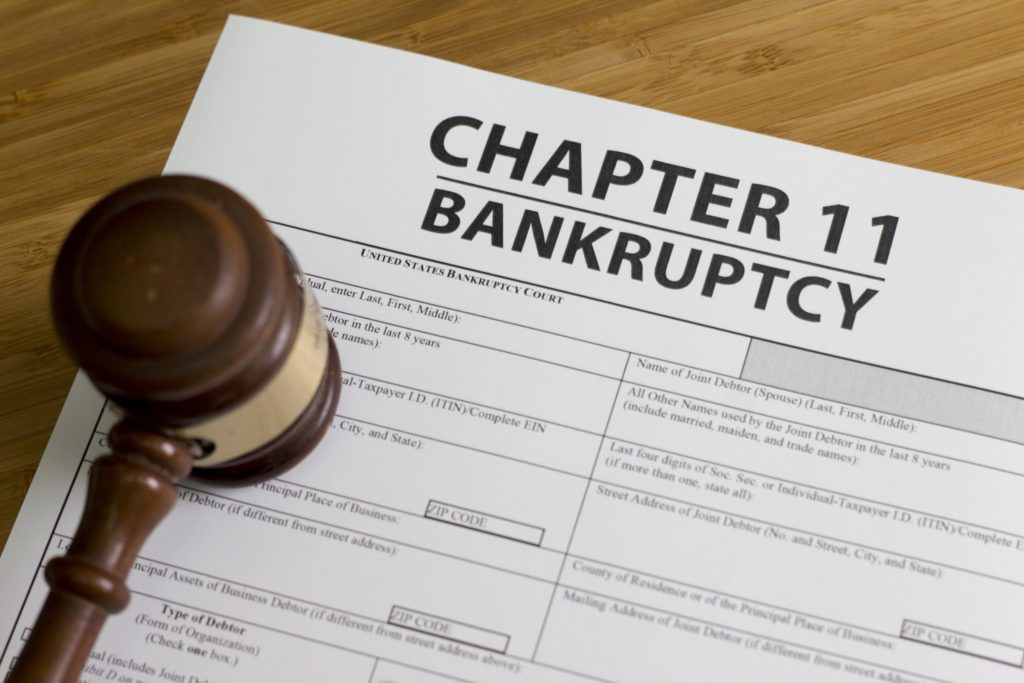
By Ralph Preite and Andrew O’Connor
The Small Business Restructuring Act of 2019 (“SBRA”) went into effect on February 19, 2020, creating Subchapter V under Chapter 11 of Title 11 of the U.S.C. Subchapter V, which is available to individuals and business entities, aims to streamline the bankruptcy process for business debtors and reduce the time and expense associated with small business reorganizations as compared to the standard Chapter 11 process. This article discusses the SBRA enacted § 1192, which provides the discharge of debts available under Subchapter V, and the scope of the discharge.
In a case of first impression, the U.S. Bankruptcy Court for the District of Maryland was asked to determine whether under § 1192 corporate debtors may discharge debts that individual debtors would be unable to discharge under § 523(a), specifically debts arising from false pretenses and representations, fraud, defalcation, and through willful and malicious injury to another entity. Based on a plain reading of § 523(a), the Court in Gaske held that such exceptions to discharge apply only to individual debtors. The upshot of § 1192 is that a corporation can be forgiven of fraudulently incurred debts, but an individual cannot.
In Gaske et. al., nineteen former restaurant employees filed a complaint seeking a determination that the debts owed to them by the defendant restaurant were non-dischargeable under § 523(a)(2)(A) because they arose “from the Defendant’s false pretenses, a false representation or actual fraud under [§] 523(a)(2)(A)”, and “from a willful and malicious injury[,]” under § 523(a)(6). The defendant restaurant, however, filed a motion to dismiss, asserting that such debts are in fact dischargeable for corporate debtors based on the language of § 523(a). The Court agreed with the restaurant.
Section § 1192 references § 523(a). In its preamble, § 523(a) states that a discharge under Section 1192 “does not discharge an individual debtor from any debt” listed under § 523(a). The court agreed with the defendant that “the language of [§] 523(a) is clear and unambiguous [in] that it applies only to individual debtors[,]” and noted that Congress’ decision to reference the new § 1192 within the preamble of § 523(a) supports such a reading.
The court also reviewed the legislative history of § 1192 and found nothing that would support “the conclusion that Congress intended to expand the application of Section 523(a)” to a corporation or entity. Such an understanding of § 523(a) and § 1192 is bolstered by several commentators who note that the amendment applying § 523(a) to discharges under § 1192 “would be superfluous if Congress did not intend to limit the § 523(a) exceptions to individuals.”
Thus, the decision in Gaske et. al. is a boon for corporate debtors. Under Subchapter V, corporate debtors may discharge debts arising from false pretenses, false representations, fraud, defalcation, or through willful and malicious injury, including wage and hour claims, while an individual debtor may not discharge such debts.
For additional information on the case, or on how corporate debtors may be forgiven of fraudulently incurred debts, please contact the knowledgeable bankruptcy attorneys at KI Legal for specialized assistance.
Founded by attorneys Andreas Koutsoudakis and Michael Iakovou, KI Legal focuses on guiding companies and businesses throughout the entire legal spectrum as it relates to their business including day-to-day operations and compliance, litigation and transactional matters.
Connect with Andreas Koutsoudakis on LinkedIn.
Connect with Michael Iakovou on LinkedIn.
Please be advised that any information posted on the KI Legal Blog or Social Channels is being supplied for informational purposes only and is subject to change at any time. For more information, and clarity surrounding your individual organization or current situation, contact a member of the KI Legal team, or fill out a new client intake form
The post Gaske Court Rules Corporate Debtors May Be Forgiven of Fraudulently Incurred Debts appeared first on KI Legal.
